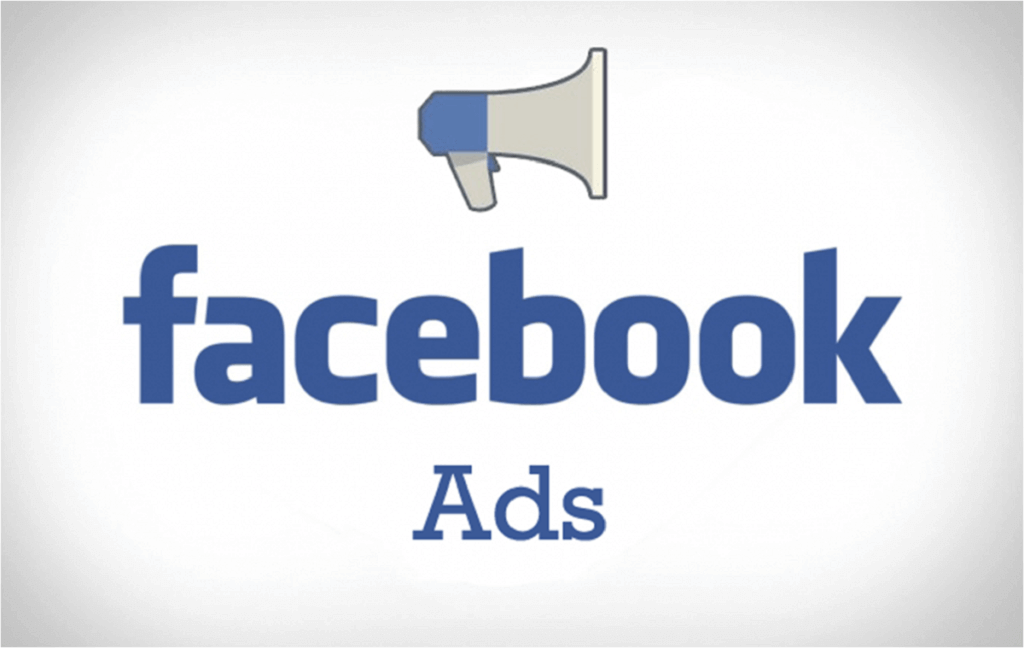
As COVID-19 cases increased across the US, many hotels and resorts shut their doors to ensure the safety of their employees and community.
NB: This is an article from gcommerce
This led to a dramatic decrease in revenue during a normally popular travel season. As bookings decreased, hotels and resorts searched for ways to decrease costs as much as possible. This resulted in many businesses and hotels across the country pausing their digital marketing efforts for a few months. Many businesses look at cutting digital advertising first in an effort to cut overall business costs, even though studies from the 2008 recession proved that hotels that kept advertising came out the strongest.
One of the many digital marketing channels that took a hit during the current crisis is Facebook advertising. Hotels and resorts across our client roster were forced to decrease or pause Facebook advertising spend due to lack of available marketing funds. Here’s a quick review of our Facebook ad performance year-over-year.
March- June 2020 vs 2019 Facebook Ads Performance
- 71% Decline in Facebook Advertising Spend
- 74% Decline in Revenue Generated from Facebook Ads
- 54% Decrease in Impressions
- 42% Decrease in Clicks
Although many of our clients pushed out organic posts with the goal of follower engagement while they were unable to commit as much budget to advertising, their traffic and revenue still decreased.
Positive Facebook Advertising Performance for Hotels During COVID-19
It’s not all negative. Even with a large general decrease in performance compared to 2019, we did see positive results from our hotel clients who were able to keep Facebook advertising campaigns running. For those able to continue funding throughout the early months of the pandemic, their Facebook ad campaigns produced a 232X return on ad spend (ROAS) in May, jumping to 367X in June and 383X in July.
The increase in revenue and ROAS through the month of May can be attributed to our clients reopening and resuming their digital advertising across multiple channels, including Facebook. Many of our clients resumed or increased their Facebook advertising budgets in June leading to even greater increases in revenue and ROAS.
Continuing to run wedding lead generation campaigns also benefited clients even with restrictions on large gatherings. One hotel in Louisville, KY received 80 leads through a Facebook Lead Generation Campaign from March to the end of June. While many weddings and gatherings have been postponed, this downtime offered a great opportunity to plan for the upcoming wedding season.
The strong performance we continue to see on Facebook advertising this summer demonstrates the pent up travel demand and consumer need or desire to get back to travelling and enjoying their summer vacations. Many properties are focusing their digital marketing efforts on their local markets and advertising a staycation experience. As travel opens up more and restrictions are lifted, hotels should look to expand audiences, but only if data supports the decision. It will be important to monitor performance to see if bookings stay strong in the next few months, or if they decrease due to the potential to exhaust the smaller, local audiences and the transition from summer to the typically slower fall travel season.
Key Takeaways From Facebook Ads Performance During COVID-19 & Beyond
While properties are focusing on their local guests and expanding their efforts to popular markets based on the decrease of travel restrictions, we recommend the emphasis for prospecting campaigns across a variety of platforms. As many properties reduced their digital marketing budgets, their online presence decreased significantly. The most important action that many hotels and resorts can take now is rebuilding their brand awareness, and engaging with potential guests. Properties who invest in a strong brand presence now will see positive results in the upcoming months.
From May through July of this year, Facebook averaged an impressive ROAS of $350 for our clients that were engaging with the platform. Curious if Facebook was an outlier or a leader among channels, we looked at those same clients’ performance on other channels during the same time period. We found that while the client’s performance on PPC averaged a respectable $10.52, Facebook was by far the leader.
In our estimation, this can be attributed to three primary factors. First, Facebook still offers micro-targeting capabilities we simply don’t have access to on other digital channels. Working with our clients to understand their shifting market segmentation during the outbreak, we were able to advertise only to prospects with a high likelihood of making a purchase. Second, Facebook allows for a more rich advertising experience than other platforms. Travel is an often visual, always emotional purchase, and being able to better visually tell a story improves overall performance. Finally, advertising rates on Facebook still haven’t caught up to other mediums like paid search. Marketing dollars simply go further on this medium. Because of these findings, we are reiterating to hotels and resorts that Facebook needs to be an early part of their digital advertising mix as they once again start actively marketing.




